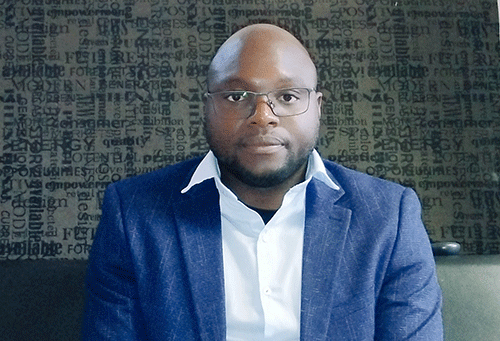Collen Kurana
The Collins dictionary defines democracy as a system of government in which people choose their rulers by voting for them in elections. This means that the government is there because of the people’s expressions about how they want to be governed. The process continues after the election, where the citizens continue to monitor those who have gotten the vote to govern.
The hallmark of democracy is that it permits citizens to participate in making laws and public policies. In a democracy, inclusivity and pluralism are important elements of citizen participation and representation.
They are good determinants for a progressive society. De Wet and Van Vollenhoven (2011) define inclusivity as an action where everybody, regardless of their background or beliefs, gets a fair chance in life.
It seeks to ensure that no one is left out or treated with disdain. Pluralism, on the other hand, means welcoming diverse viewpoints and voices (De Wet & Van Vollenhoven, 2011). In a pluralistic society, people with different backgrounds and beliefs can share their ideas and contribute to decision-making.
As far as inclusivity and pluralism are concerned in relation to the Zambezi region, ethnic groups, thus coexisting in the same region, do not have tolerance and appreciation for each other’s social background.
The region is still highly divided along tribal lines, and there are divergent views and tribal slurs and practices in public offices and on the street among diverse groups.
This often makes it impossible for the groups to accommodate and value each other’s contributions, despite 33 years of flag independence in Namibia. Consequently, the potential of the region remains skewed and elusive.
The region is lagging in development compared to other regions in the country. Economic opportunities are skewed, and unemployment and poverty remain high, according to the 2015 Namibia Poverty Mapping Report and the Labour Survey Index of 2018. Agricultural schemes are grounded and unproductive.
These contemporary issues require collective effort that is inclusive and diverse on how to surmount the challenges and move the region forward to prosperity.
A Namibian political scientist, Professor Joseph Diescho, once questioned whether inclusivity and pluralism go together.
The answer remains to be explored. Inclusivity and pluralism, however, are important for peace and development. They foster a sense of belonging and unity among people.
When people from diverse backgrounds feel included in decision-making and matters concerning important societal issues, they are able to identify with the community and society as a whole. This reduces divergent views and increases social unity. This conducive atmosphere is needed for development. Peace is a social condition that is achieved through collective consensus.
Development, on the other hand, requires collective decision-making participation and consultation to materialise. Exclusivity and divergence are the antithesis of peace and development.
In summary, the Zambezi region has all the potential needed to be developed in Namibia. Ethnic groups ought to exercise tolerance and appreciation for the contribution they make towards peace and development. Inclusivity and pluralism are important ingredients for a progressive Zambezi. I believe it is time for diverse groups in the Zambezi region to realise that Namibia is a multicultural society where different views are accommodated.
Our diversity should be recognised and accepted, as articulated in our constitution. So far, Namibia is a constitutional democracy, and the voices of all the citizens matter.
* Collen Kurana is a PhD student in Public Administration (Peace Studies) at the Durban University of Technology


